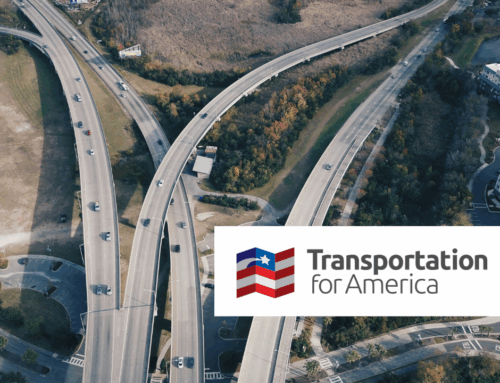What U.S. News and World Report has called “the last surviving dinosaur from the age of behemoth water schemes,” the Animas La Plata (ALP) water project, has reared its ugly head again.
H.R. 3112, a bill introduced by Rep. Scott McInnis (R-CO), would authorize the most recent version of the ALP project.
First proposed in the early 1900s, ALP became a vehicle to settle the Southern and Ute Mountain Ute tribes' water rights in the mid 1980s. In order to save a floundering ALP and stop a perceived threat to non-Indian water users, state and federal officials agreed in 1986 to a settlement in which the Colorado Ute tribes would trade their water rights for a stake in ALP.
In fact, many believe that the ALP project is only being built to protect irrigation and municipal water users from tribal water rights. Even hypothetical uses for the water from the project, such as building a dude ranch, would not occur for decades, if ever.
Although touted as an Indian only project, a significant portion of the project's benefits would go to non-Indian interests.
Because of the downsizing of the project, the delivery system for the water has been eliminated. The project would stop more than 10 miles from the closest Native American land.
The project's limited benefits come at a heavy cost to federal taxpayers. ALP's current price tag is at least $300 million, but benefits would amount to as little as $85 million. A recent analysis by an independent economist showed that the return to taxpayers could be as little as 22 cents per dollar.
The ongoing costs of the project would be substantial. Federal taxpayers would pay millions annually for operation and maintenance costs for ALP until the Tribes put all of their water to use. Much of the water will not be used for 30-100 years.
The project makes federal taxpayers responsible for most of the costs of state and local water development, including any inevitable cost overruns – a violation of federal law.
The ALP project also violates the National Environmental Protection Act by not providing a description of the needs for and impacts of the project, as well as costs and benefits.
Tribal water rights must be honored, but treaty obligations should be fulfilled with a more cost effective alternative. Congress and the Administration should put an end to talk of this wasteful water boondoggle.
For more information, contact Jill Lancelot at (202) 546-8500 x105 or email










